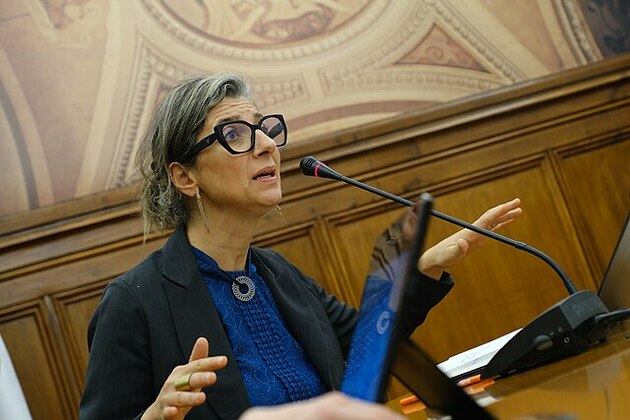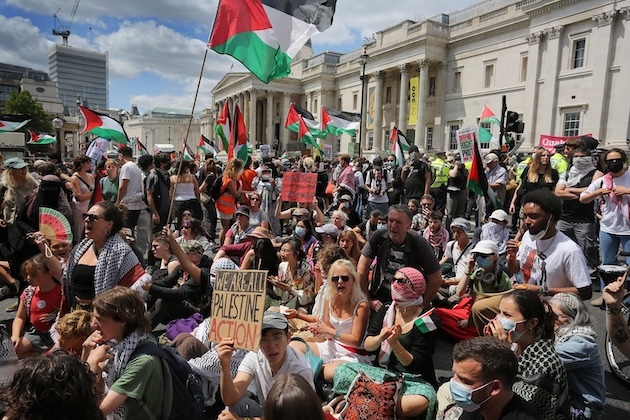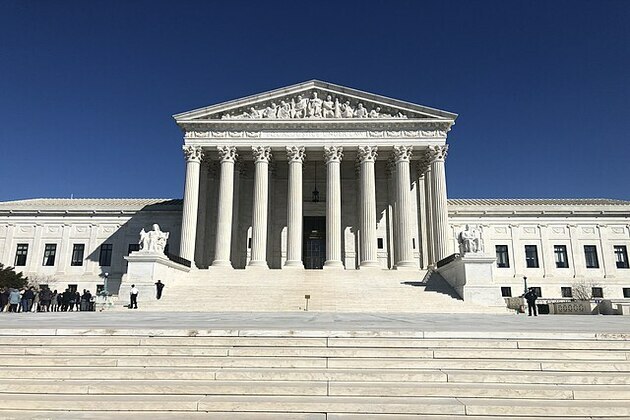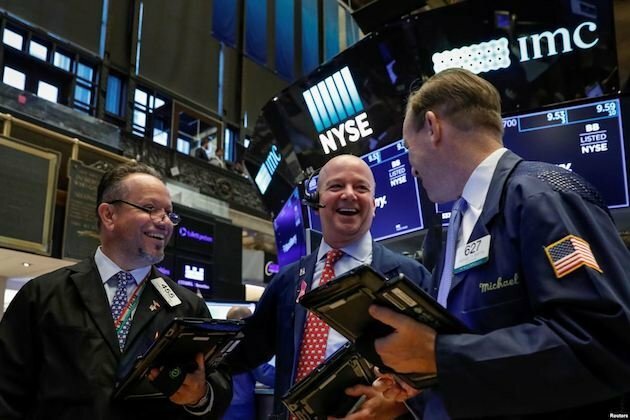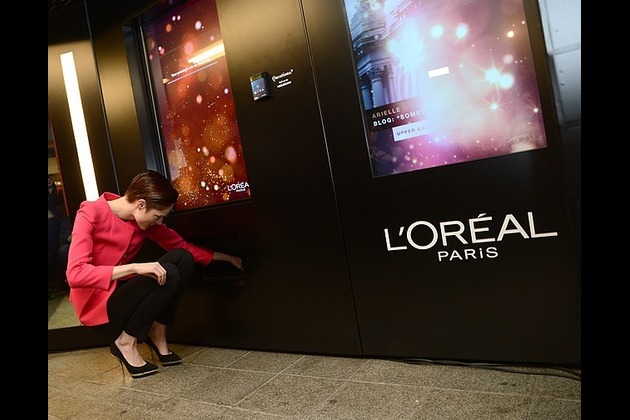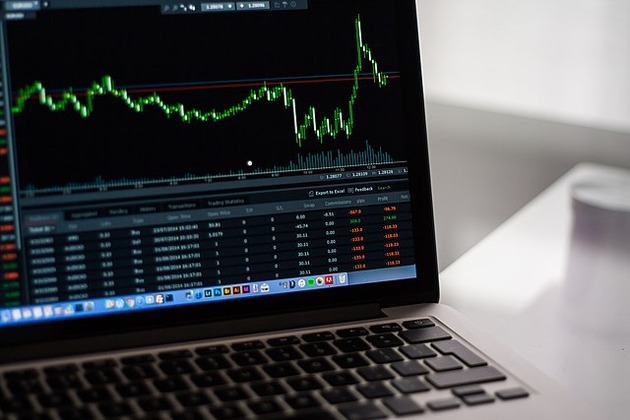Islamophobia in western media is based on false premises
The Conversation
22 Jan 2021, 01:09 GMT+10
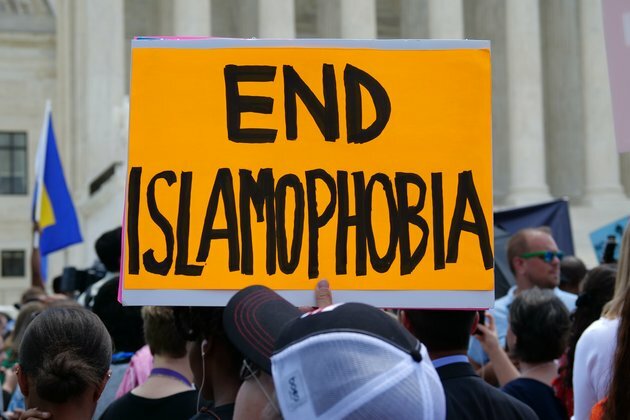
Although anti-Muslim sentiments certainly existed long before 2001, the Sept. 11 terrorist attacks and the response to them intensified anti-Muslim tropes, namely the presumption that Islam is inherently violent or that Muslims have a propensity for terrorism. Since 9/11, specific individuals have turned Islamophobia into an industry, scapegoating Muslims to further their own agendas.
Like other forms of intolerance, however, Islamophobia can be objectively assessed. Empirical studies are an effective means of exposing this prejudice, one that plagues both sides of the political spectrum.
Anti-Muslim rhetoric
The rhetoric of Canadian conservative author Mark Steyn is typical of right-wing Islamophobia. For instance, Steyn claims that "most Muslims either wish or are indifferent to the death of the societies in which they live."
Likewise, Dutch politician and right-wing populist Geert Wilders refers to the Qur'an as "a source of inspiration for, and justification of, hatred, violence and terrorism in the world, Europe and America." British conservative political commentator Douglas Murray suggests that to reduce terrorism, the United Kingdom requires "a bit less Islam."
Prominent left-wing commentators also contribute to the same scaremongering stereotypes as their conservative counterparts. For example, American neuroscientist and new atheist Sam Harris asserts that "there is a direct link between the doctrine of Islam and Muslim terrorism."
Similarly, American comedian and television producer Bill Maher believes that there is a "connecting tissue" of intolerance and brutality that binds 1.6 billion Muslims to terrorist groups like ISIS. And Somali-born Dutch American activist and writer Ayaan Hirsi Ali states that "violence is inherent in the doctrine of Islam."
None of these characterizations, however, are sufficient from a scholarly viewpoint. Self-evident positions and gross exaggerations tend to detract from the main issue: whether the depiction of Muslims as violent extremists is misleading.
Most Muslims reject violent extremism
Globally speaking, Muslims overwhelmingly reject suicide bombings and other forms of violence against civilians in defence of Islam. Studies found that Muslims view such extremism as rarely or never justified, including 96 per cent in Azerbaijan, 95 per cent in Kazakhstan, 92 per cent in Indonesia and 91 per cent in Iraq.
The 2016 report What Muslims Want, the most extensive research of British Muslims ever conducted, found that nine of 10 British Muslims reject terrorism outright. When asked "To what extent do you sympathize with or condemn people who commit terrorist actions as a form of political protest," 90 per cent condemned these actions, five per cent didn't know and three per cent neither condemned nor condoned political acts of terror.
That's hardly "most Muslims," as Steyn contends.
When a large-scale global survey asked if "attacks on civilians are morally justified," similar results were found when comparing Muslim attitudes to the general public in France, Germany and the United Kingdom. In fact, the responses were almost indistinguishable: French public (one per cent) versus Muslims in Paris (two per cent); German public (one per cent) versus Muslims in Berlin (0.5 per cent); and British public (three per cent) versus Muslims in London (two per cent).
In North America, research outcomes were strikingly similar. In a 2016 Environics Institute survey, only one per cent of Canadian Muslims endorsed the following statement: "many" or "most" Muslims in Canada support violent extremism. When asked if killing civilians for political, social or religious reasons can ever be justified, a 2017 Pew Research Center survey found that 84 per cent of American Muslims confirmed that it is "never/rarely" justifiable.
Because 12 per cent of American Muslims replied that violence against civilians can be "sometimes/often" justified, anti-Muslim activists argue that hundreds of thousands of Muslims remain radicalized. The qualitative responses of Muslims are quite revealing in this regard: violence is permitted if attacked, both as individuals and as a nation. In other words, in self-defense. When the U.S. general public was surveyed, their answers were practically identical: 83 per cent and 14 per cent respectively.
Contrary to Maher's belief that the world's Muslims support terrorist organizations like ISIS, most people in countries with significant Muslim populations have an overwhelmingly negative view of ISIS, including virtually 100 per cent of respondents in Lebanon, 94 per cent in Jordan and 84 per cent in the Palestinian territories (10 per cent of Palestinians had no opinion of ISIS).
False assumptions
Islamophobia is an apt term for classifying inaccurate assumptions concerning Muslims and Islam. Those forwarding an anti-Muslim agenda believe that their viewpoints are coherent, but as Eli Massey and Nathan J. Robinson point out, the function of a prejudice "leads us to believe that our generalizations are based on reason and evidence, even when reason and evidence actually point in an entirely different direction."
The main assertion that Muslims largely support extremist violence is groundless. Because Islamophobia distorts the western image of Muslims, scientific studies serve as an important corrective in two important ways. First, they expose Islamophobic attitudes that have gripped the West since 9/11 and second, they help to decrease the spread of anti-Muslim vitriol by providing a rational forum for discussion.
Author: Stuart Chambers - Professor, Sociological and Anthropological Studies, LУЂтЌтЂUniversitУТЉ dУЂтЌтЂOttawa/University of Ottawa 
 Share
Share
 Tweet
Tweet
 Share
Share
 Flip
Flip
 Email
Email
Watch latest videos
Subscribe and Follow
Get a daily dose of Paris Guardian news through our daily email, its complimentary and keeps you fully up to date with world and business news as well.
News RELEASES
Publish news of your business, community or sports group, personnel appointments, major event and more by submitting a news release to Paris Guardian.
More InformationInternational
SectionOver 60 companies named in UN report on Israel-Gaza conflict
GENEVA, Switzerland: A new United Nations report alleges that dozens of global corporations are profiting from and helping sustain...
UK lawmakers desigate protest group as terrorist organization
LONDON, UK - Lawmakers in the United Kingdom have voted overwhelmingly to proscribe the direct-action group Palestine Action as a terrorist...
Dalai Lama to address Buddhist conference, reveal succession plan
DHARAMSHALA, India: The Dalai Lama is set to address a significant three-day conference of Buddhist leaders this week, coinciding with...
US Supreme Court backs Texas efforts to shield minors online
WASHINGTON, D.C.: In a significant ruling last week, the U.S. Supreme Court upheld a Texas law requiring age verification for users...
Turkey, France battle wildfires amid early Europe heatwave
ISTANBUL/PARIS/BRUSSELS: As searing temperatures blanket much of Europe, wildfires are erupting and evacuation orders are being issued...
Venetians protest Bezos wedding with march through the town
VENICE, Italy: Over the weekend, hundreds of protesters marched through the narrow streets of Venice to voice their opposition to billionaire...
Business
SectionStandard and Poor's 500 and and Nasdaq Composite close at record highs
NEW YORK, New York -U.S. stock markets closed with broad gains on Thursday, led by strong performances in U.S. tech stocks, while European...
Persson family steps up H&M share purchases, sparks buyout talk
LONDON/STOCKHOLM: The Persson family is ramping up its investment in the H&M fashion empire, fueling renewed speculation about a potential...
L'Oreal to buy Color Wow, boosts premium haircare portfolio
PARIS, France: L'Oréal is making a fresh play in the booming premium haircare segment with a new acquisition. The French beauty conglomerate...
Robinhood launches stock tokens for EU investors, adds OpenAI
MENLO PARK, California: Robinhood is giving European investors a new way to tap into America's most prominent tech names — without...
Wall Street diverges, but techs advance Wednesday
NEW YORK, New York - U.S. stocks diverged on Wednesday for the second day in a row. The Standard and Poor's 500 hit a new all-time...
Greenback slides amid tax bill fears, trade deal uncertainty
NEW YORK CITY, New York: The U.S. dollar continues to lose ground, weighed down by growing concerns over Washington's fiscal outlook...

